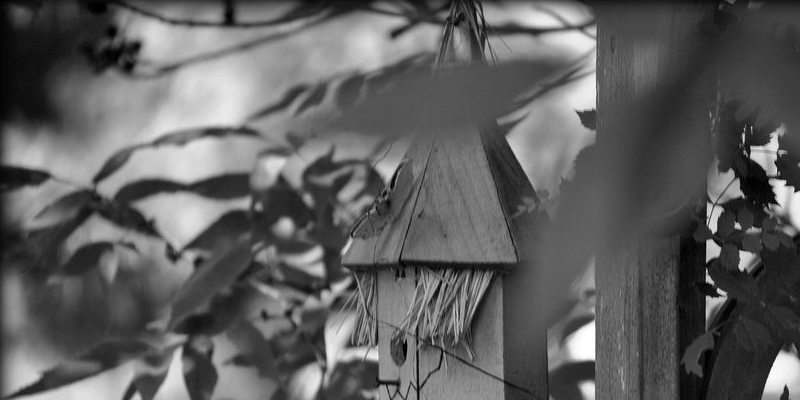With a little creativity, you can grow fresh fruits and vegetables even if you reside in an apartment or home without outside space. Container gardening allows you to move plants to a sunny indoor spot — and when you know what to grow and the way to do it, you should begin munching on fresh biscuits or producing fruit smoothies just like any other gardener.
Preparation
To ensure strong, healthy plants, choose a container with good drainage. Line the bottom with stones or marbles before filling it with a commercially available combination of peat moss, perlite and vermiculite, not potting soil or garden soil. You can set the pot in a stylish container or set it on a drainage tray. Choose a spot with between 10 and 18 hours of sunlight every day, based on the plant’s needs. A south-facing window works nicely in the southern and western parts of the nation, but should you move to other places, you probably will need some artificial lighting.
Vegetables
Select small, compact varieties of vegetables, including lettuce, radishes, carrots, peppers and strawberries. Plants grown indoors require less feeding with fertilizer than the outside garden, but they’ll grow more gradually; peppers and strawberries probably will need additional light to support fruiting. Toss in some herbs, which grow well in indoor containers, including chives, parsley and cilantro, to give convenient and fresh flavoring for your cooking.
Fruits
A few small, potted fruit trees or shrubs grow well and produce fruit in a sunny, indoor spot, including a sunroom or enclosed porch. In case you have some outside space, then put the trees outdoors for the summer, but they are able to thrive inside, too. Provide a grass at least 1 foot in diameter and one foot deep for little fruit trees and bushes. Some types to attempt include peaches, apricots, mulberries and figs. Strawberries also do well inside, and even grapes will function if they’ve a trellis to climb. Also think about citrus trees, such as dwarf varieties of orange, lime and lemon, though you should consider a soil test before planting because citrus has strict pH requirements.
Proper Care
Gardening of any type requires proper lighting, feeding, watering and maintenance, and indoor container gardening is no exception. Avoid the indoor air from becoming overly dry by placing containers in a tray filled with stones and a few inches of water. Many plants, particularly in tiny containers, will need watering once or twice every day. Check occasionally for insects, though indoor gardening poses much fewer pest problems than outdoor planting.
